Germany-based Next.e.GO Mobile SE, an urban electric vehicle manufacturer, announced on Friday, July 7, that it has secured $75M (approximately €68.43M) in fixed-interest debt funding.
The funds came from Western Asset, a global fixed-income manager, sourcing ideas and investment solutions.
With over 50 years of expertise and $402.1B in AUM, Western Asset claims to be one of the top fixed-income managers in the world.
The firm focuses on long-term fundamental value investing and uses both a top-down and bottom-up strategy.
Developing durable electric vehicles
Based out of Aachen, Germany, Next.e.GO claims to develop, design, and manufacture electric vehicles for the urban environment, focusing on convenience, practicality, ease of service, and cost.
The company’s manufacturing facilities, known as MicroFactories, offer features such as higher economic flexibility and an optimised energy footprint, while also generating jobs and facilitating decentralised global expansion.
Next.e.GO constructed its first MicroFactory in 2018 and began vehicle production in the second half of 2021. According to the company, each Microfactory can produce around 30,000 cars per year in a three-shift setting.
Currently, there are over 1,300 e.GO vehicles on the road.
In August 2022, Next e.GO signed an agreement with Athena Consumer Acquisition Corp. to form Next.e.GO BV, which will be listed on the NYSE under the new ticker symbol “EGOX”.
The deal is scheduled to close in the second half of 2023.
Capital utilisation
Next.e.GO says it will use the money to continue implementing its business strategy, with a focus on the manufacturing of the e.wave X model (a four-seater microcar), as well as worldwide growth through the usage of its patented MicroFactory.
Ali Vezvaei, Chairman of the Board of e.GO, says, “As we focus on bringing convenience, practicality and affordability to everyday urban mobility, this financing gives us the opportunity to continue towards our planned production and grow our MicroFactory footprint.”




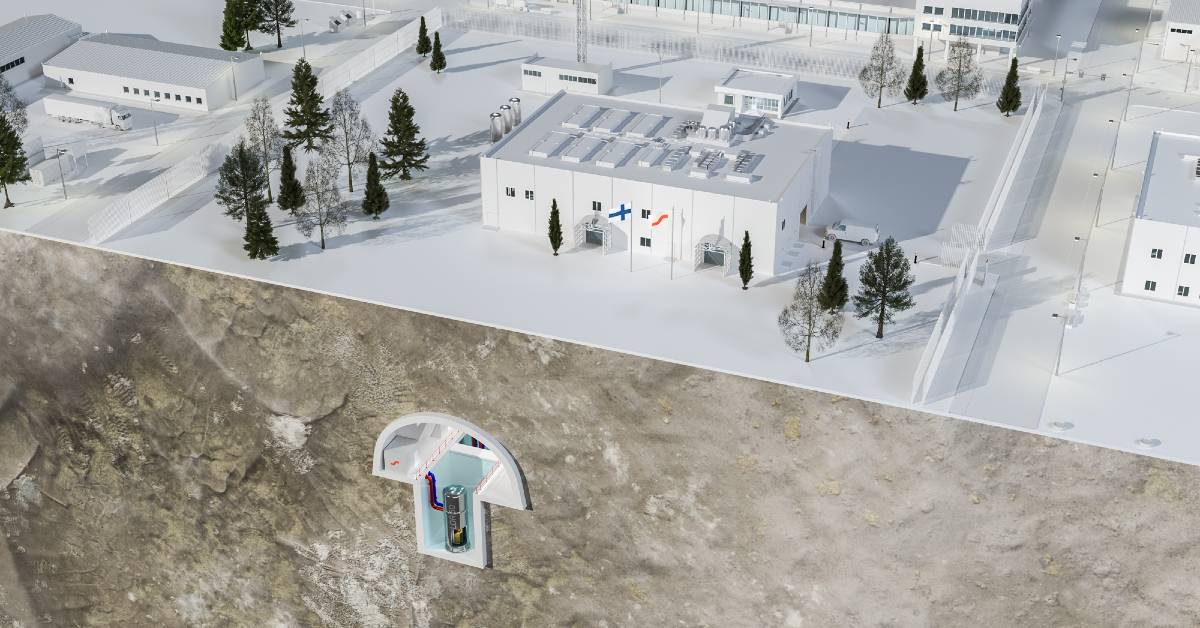
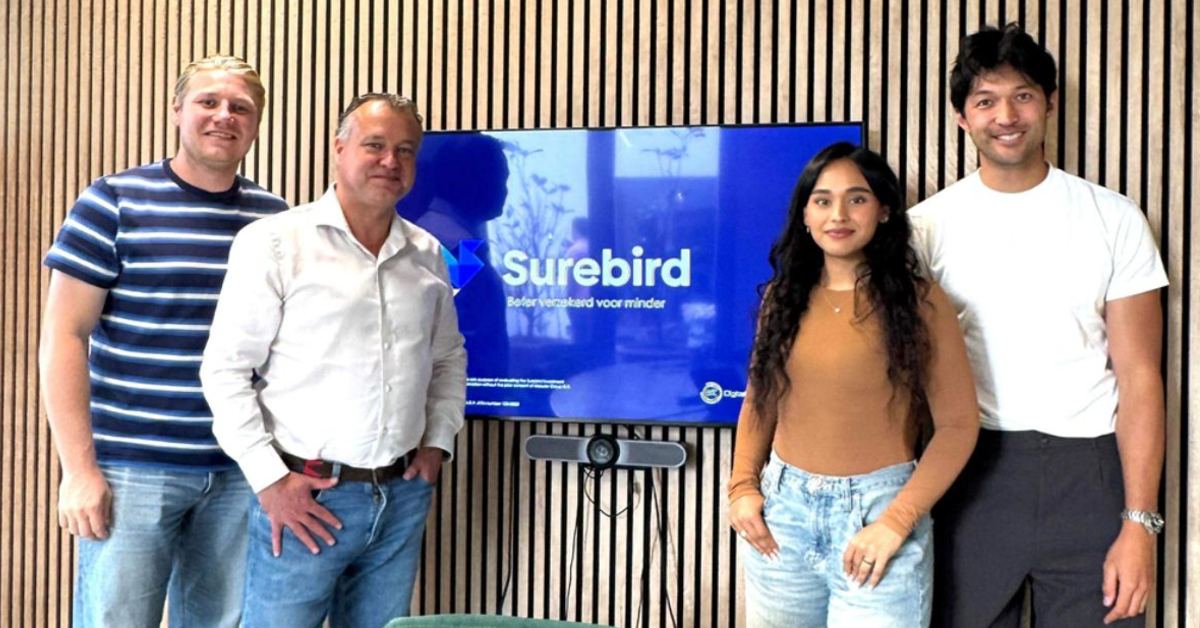
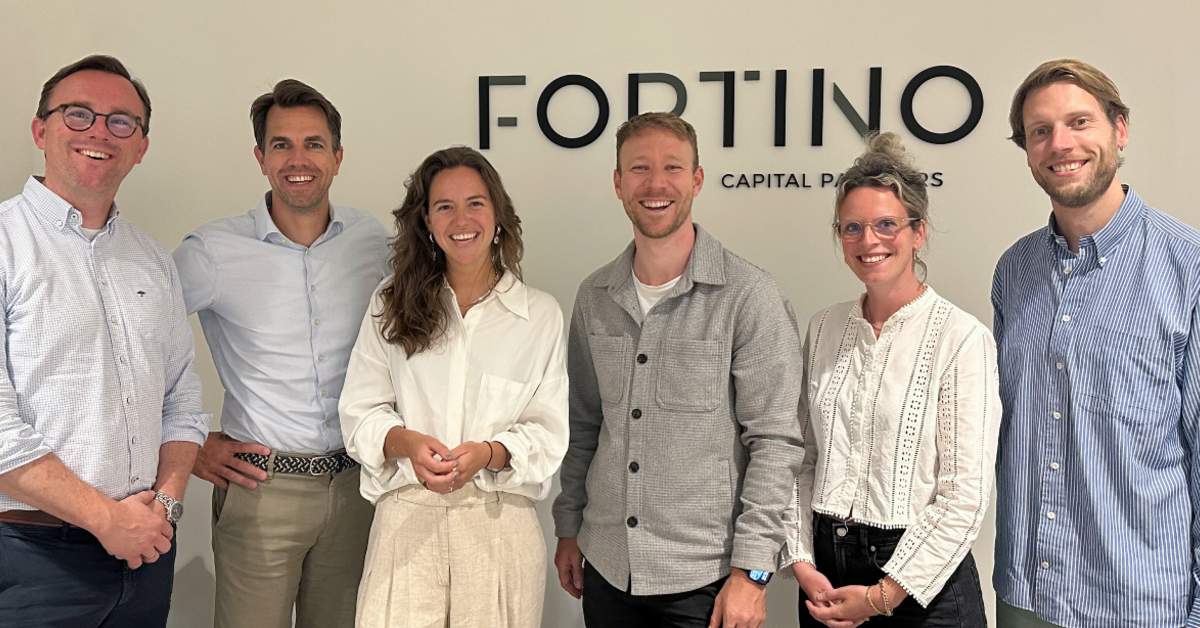
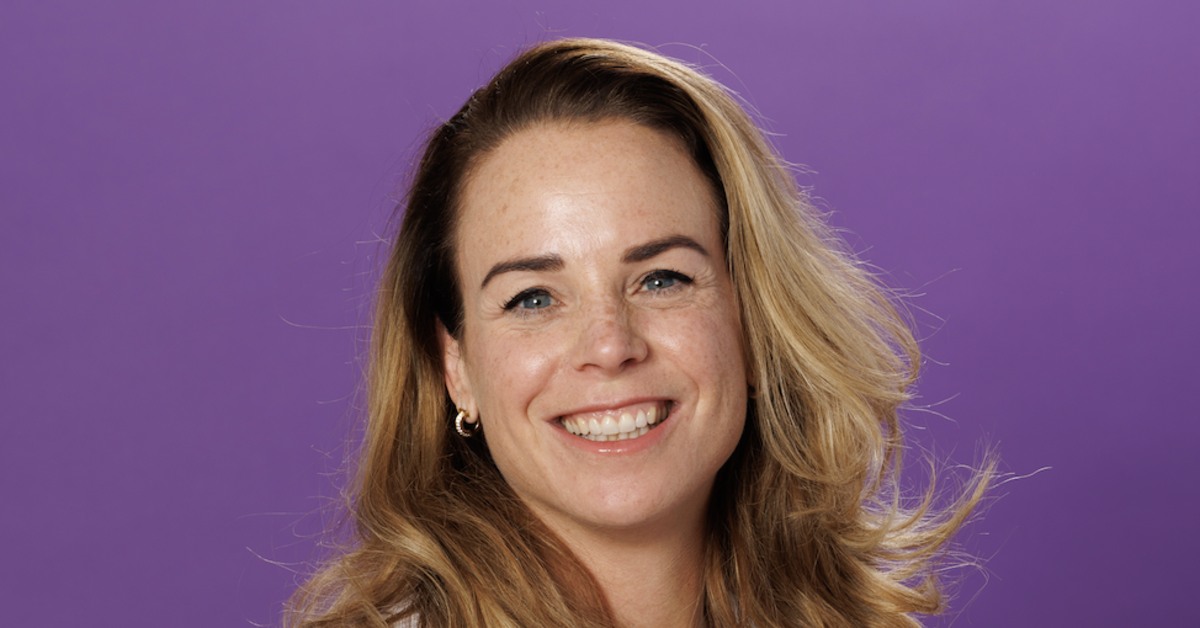
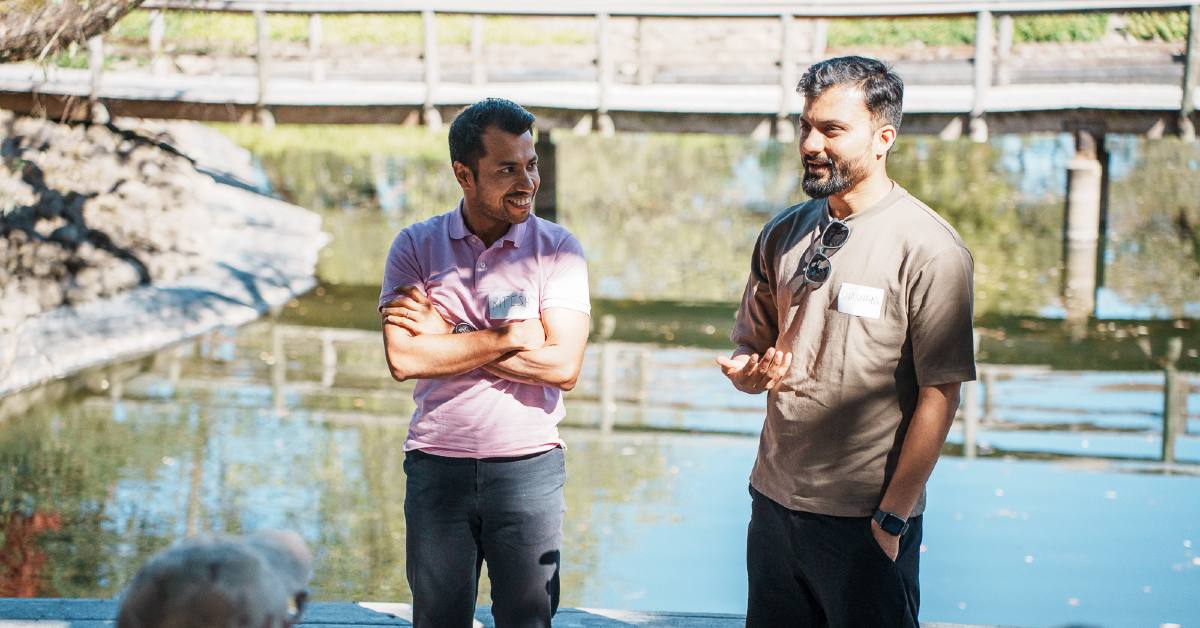

01
From telecom veteran to Dutch Startup Visa success: The Jignesh Dave story